Our programme enables students to know the ‘big’ stories of the past from the Romans to present day. These stories incorporate local links and a range of diverse voices to make this an inclusive history. From their KS3 studies our students will ‘takeaway’ a chronological narrative of the big stories (power, everyday life and global connections), a sense of period and an understanding of Britain’s place in the wider world. While there is an emphasis on British history, we also incorporate European and global studies including France, Germany, the USA, Africa and Asia.
We include a mix of thematic, breadth and depth studies. Students will learn how and why power has changed and the events and ideologies that have shaped how they will study the shift from monarchy to democracy, the importance of ideologies and the development of dictatorships. They will understand how the story of power, as well as economic and social changes have impacted on people’s daily lives. Students will explore Britain’s place in the wider world under the umbrella of global connections exploring the role of trade, religion, invasion and Empire in connecting Britain to other regions and the impact this had on Britain and on foreign countries.
Our KS3 homework programme is a mixture of learning key terms, concepts and spellings to support literacy and progress, as well as independent research tasks. The adoption of the ‘Meanwhile, elsewhere approach’ is designed to enthuse and enrich students learning outside of the classroom. The history learnt in school only offers a small glimpse of the past, this approach to homework introduces students to a whole new part of history that was happening around the same time as the topic being studied in class so they can place stories in an even bigger picture and draw meaningful comparisons.
Students develop these personal skills during KS3:
- Keeping safe - How to critically analyse sources of information including ‘fake news’ to keep themselves safe. They learn to evaluate and make judgements about provenance, bias, propaganda and interpretations.
- Social Education - Pupils work collaboratively on debates, projects and peer assessment. They learn how countries and the international community resolve conflict for example through alliances, treaties, and national organisation.
- Moral education- How humans can discriminate against other cultures and races e.g. Holocaust, Civil rights. They learn how humans can exploit others for self-gain eg Child labour in Victorian Britain, the Empire and the transatlantic slave trade. How religion has shaped society and can cause conflict eg Crusades, the Reformation, the English Civil Wars.
- Spiritual education- The importance of coming up with their own questions to pursue an enquiry, reflect upon and improve their own work based on SWANS feedback. The importance of debating- listening to other people’s views and putting forward your own.
- British values- The importance of the parliamentary system and the rule of law e.g., Magna Carta, Civil War, the right to vote e.g. Chartists, Suffragettes and the right to protest e.g. Peasants Revolt, Bristol Bus Boycott. How the wider world, through trade, exploration and colonisation has impacted on Britain’s multicultural society and the importance of respecting other cultures,
- Cultural Ed and Cultural Capital- How other cultures for example the Romans, the Vikings, the Normans, have impacted on Britain. Knowing some of the key points in British History for example 1066 and the Norman Conquest, the Magna Carta, the Reformation, the Battle of Naseby, the Spanish Armada, the Battle of the Somme, the establishment of the NHS. AS well as key events outside of Britain that have shaped our history for example the French Revolution, American Independence, the Wall Street crash, the rise of Nazism and the dropping of the atomic bomb.
- Employability skills- how the transferable skills of analysis, evaluation, communication, and organisation can equip them for many career paths beyond history like journalism, law, the civil service and financial sectors.
Assessment:
Each unit is assessed in a formal end of unit test (QMA). The first part of the QMA will include a retrieval test including questions from the current topic and theme to encourage students to be reflective learners. The second part of the QMA will be a piece of historical writing. To support students in preparation for the QMAs, they are given knowledge organisers with key information to learn at home and in class there will be activities to think about, plan and discuss the key theme or issue they will be assessed on. After the QMA teachers will address any common errors and misconceptions.
| Year 7 |
|
|
| Autumn Term |
Spring Term |
Summer Term |
How have invasions shaped Britain c200 to 1700?
How did the Normans establish control?
|
How well connected was the world in the Middle Ages?
Could Medieval rulers do what they want?
How did ordinary life change?
|
How important was the religious rollercoaster?
Was Elizabethan England a ‘golden age’?
|
| Year 8 |
|
|
| Autumn Term |
Spring Term |
Summer Term |
Why did Charles I lose his head?
Did the French Revolution bring only progress and improvement?
|
Who changed attitudes to slavery?
How did Britain change 1700-1900?
|
How similar were experiences of the British Empire?
How ‘great’ was the FWW?
|
| Year 9 |
|
|
| Autumn Term |
Spring Term |
Summer Term |
How did ideologies and world leaders shape Europe?
How and why did the Holocaust happen?
|
How did the lives of American people change?
How did conflict change in the 20th century?
|
How did modern Britain become more inclusive?
GCSE Medicine Through Time: Medieval to Renaissance
|


